- May 10, 2024
-
-
Loading

Loading
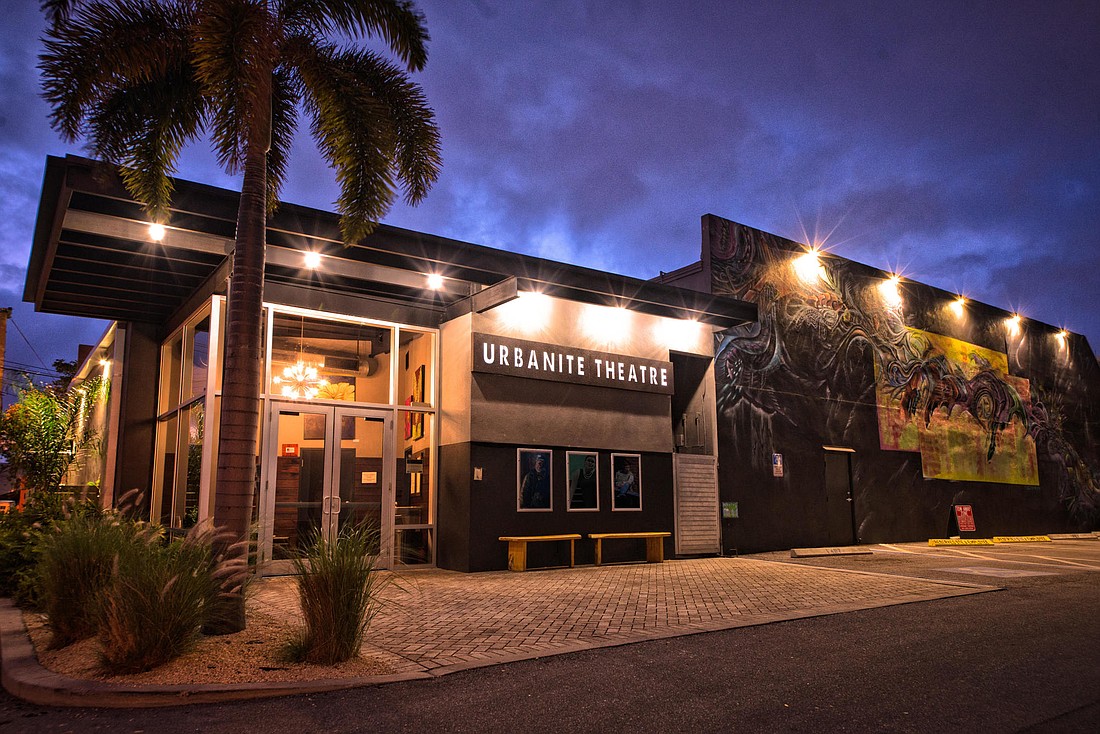
Boy, things sure aren’t the way they were in the good old days.
Remember 2½ weeks ago, when it was the height of season, and it was hard to keep up with all the things there were to see, hear and do around town?
But then as the warnings of the encroachment of the coronavirus into our lives became more ominous, and people began to listen, the first event cancellations began to trickle in. It started with smaller events. As the news got worse, the event cancellations got bigger. When pro sports leagues and major theme parks started shutting down, it seemed to flip a cultural switch, and the rapid shuttering of society began.
Briefly, one notable exception was the performing arts community. Local theaters initially took a “The show must go on” stance. Many of them issued statements to that effect, assuring the public that they were taking precautions to keep audiences safe.
Urbanite Theatre issued such a statement just as its production of “The Feast” was about to open. About 72 hours later, Urbanite announced it was shutting down “The Feast” after one performance.
“It all changed so quickly,” Urbanite co-Artistic Director Brendan Ragan says. Between official guidelines and cultural attitudes, “it seemed like every 15 minutes, it was changing.”
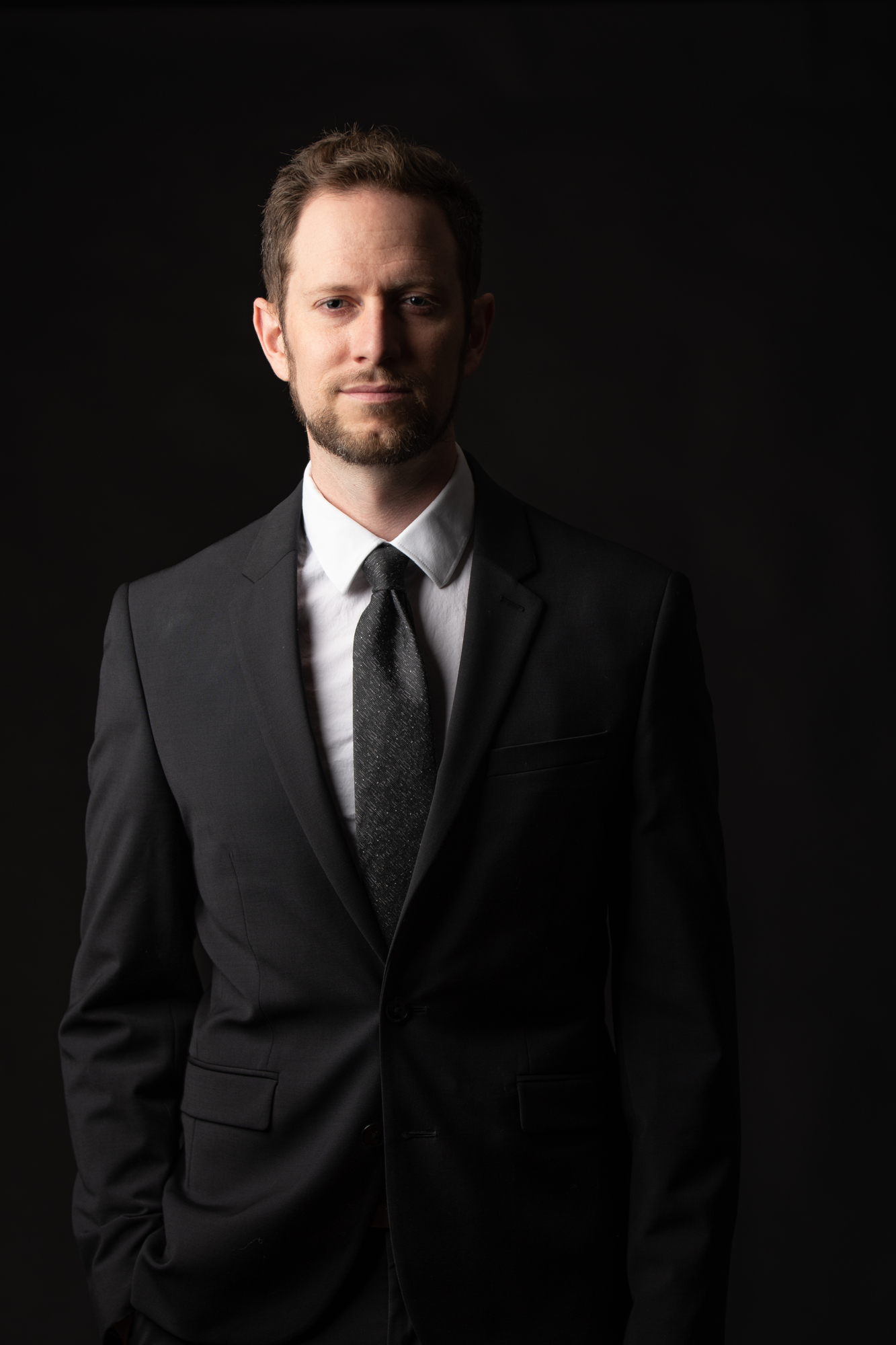
Ragan says all the theaters in the area were communicating with one another, “like we were all waiting for one domino to fall in some way.”
The cue, he says, was when Broadway went dark. Within a week, every major performing arts group in town announced it was canceling performances — some, hopefully, for just a few weeks; others for the remainder of their seasons.
Several factors had to be weighed in deciding to go dark, Ragan says. Theaters had to consider their responsibility to the public health and their responsibility to their casts and other employees. And, he says, it was a distinctly difficult business decision for theaters to make.
“Obviously, all businesses are hurting, but I think we are in a unique position,” Ragan says. “Theaters, I think, are getting hit especially hard by this, the way that our business model works.”
Imagine if you had a restaurant, he says, and you could buy all the food for the next seven weeks, prepare seven weeks’ worth of meals, and then something came up, and you couldn’t serve any of them.
Urbanite does five shows a year, Ragan says. With “The Feast” shutting down, that’s a loss of 20% of a year’s worth of income.
But “The Feast” was the last show of the season. It has a small cast of three, who have all said they would be willing to come back. If the publisher who owns the rights to the play is amenable, they could leave the set in place and make “The Feast” the first show next season.
It won’t be nearly enough to offset the losses, but Urbanite was relatively lucky.
Each organization’s circumstances are different, and each continues to weigh all the costs and consider the options of being forced to lower the curtain and how to move forward.
Julie Leach, executive director, Westcoast Black Theatre Troupe
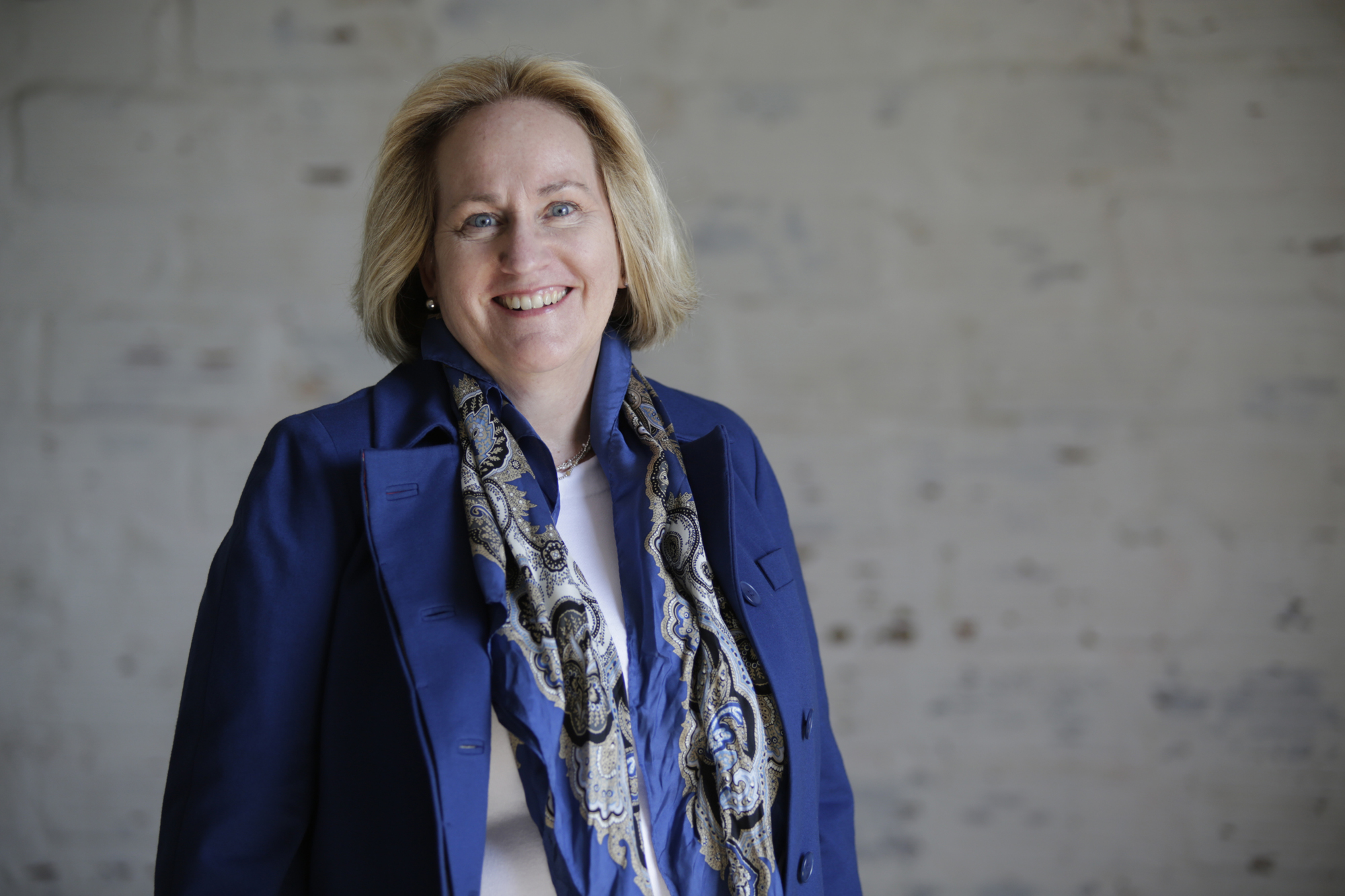
It’s a best-of-times and worst-of-times season for WBTT, which two months ago christened its renovated theater.
Unlike at Urbanite Theatre,“Your Arms Too Short to Box with God” was WBTT’s second show of the season and had run two weeks when the coronavirus concern began to snowball.
“Over the weekend, I went to all the shows to see how patrons are feeling and who was actually showing up,” Leach says. Sold-out houses were about 40% full, but “the people who came were really glad we were open, and they were enjoying the show. I started to feel like it was the right thing to do.”
But when the Centers for Disease Control and Prevention lowered its recommendation for public gatherings to 50 and under for the next eight weeks, “I said ‘No, we just need to move on.’”
WBTT will pay the cast and crew for the entire run, Leach says. They are estimating the theater will lose about $50,000 for every week it’s closed.
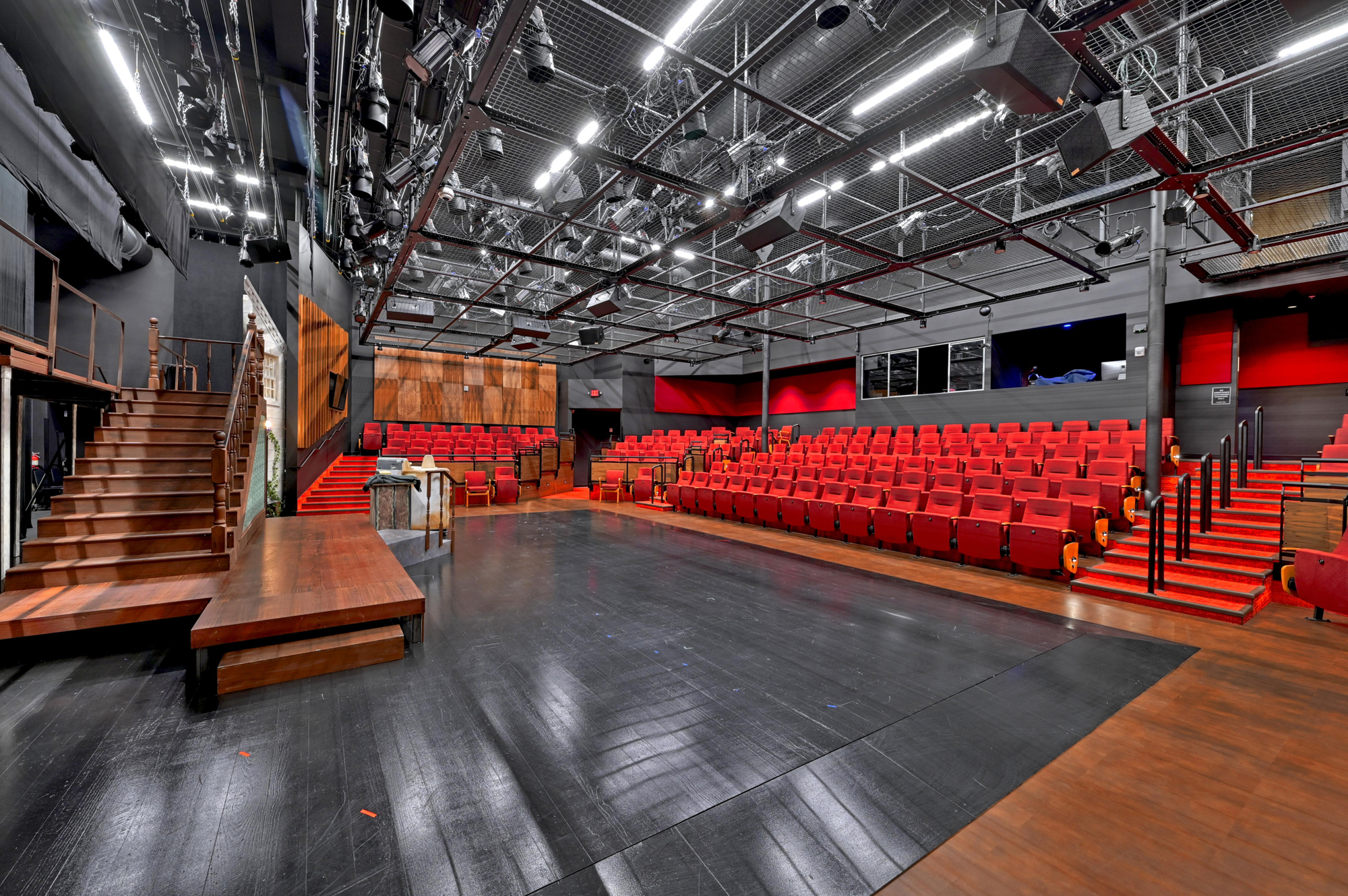
WBTT opened the season late while the renovation was being completed. Its next show, “Ruby,” is set to start in mid-April. For the time being, the troupe is hoping the rest of the season can be salvaged.
The hardest part is there is so much uncertainty, Leach says. “Conditions keep changing so quickly. It could be over or it could be worse.”
Leach says the company’s usual policy is to offer ticket exchanges for another performance of the same show. Because that’s impossible, WBTT is extending the exchange policy to the entire season — if there is any more season. Otherwise, it will likely allow refunds, she says. The hope is to keep the financial damage contained with this season, but that might not be possible.
Richard Russell, executive director, Sarasota Opera
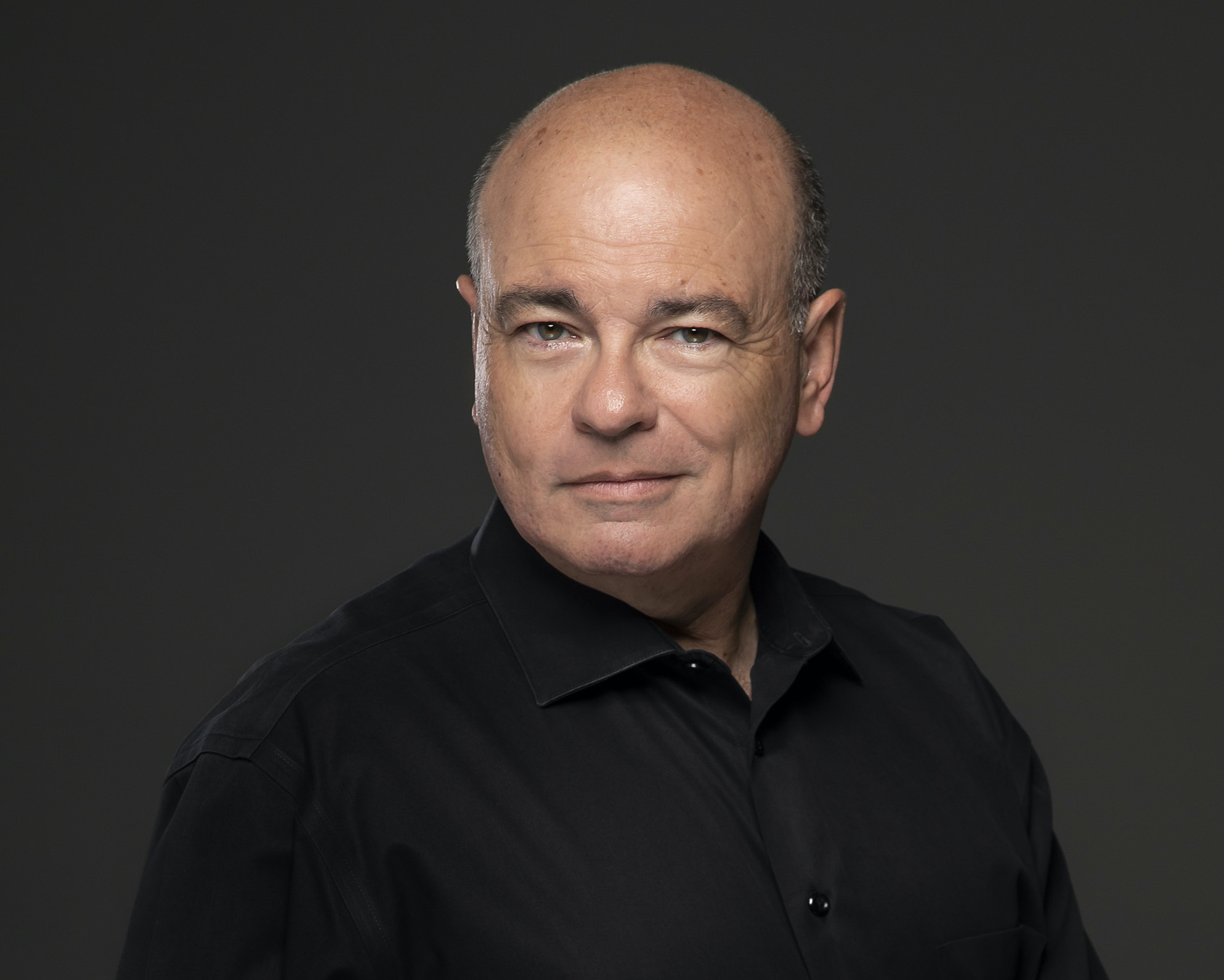
Shutting down the opera’s Winter Festival was an all-or-nothing proposition, Russell says.
“If this was going to be a one-week closure, maybe we could postpone, but not knowing how long it’s going to be, and I expect it’s going to be a month or more, there was no option for us.
“There was really no way for us to postpone because basically our company is all from out of town, including our orchestra.”
Some might say, well, the season had less than two weeks to go anyway. But the Winter Festival is packed with four operas running simultaneously. The opera estimates the early closure will cost it as much as $1 million.
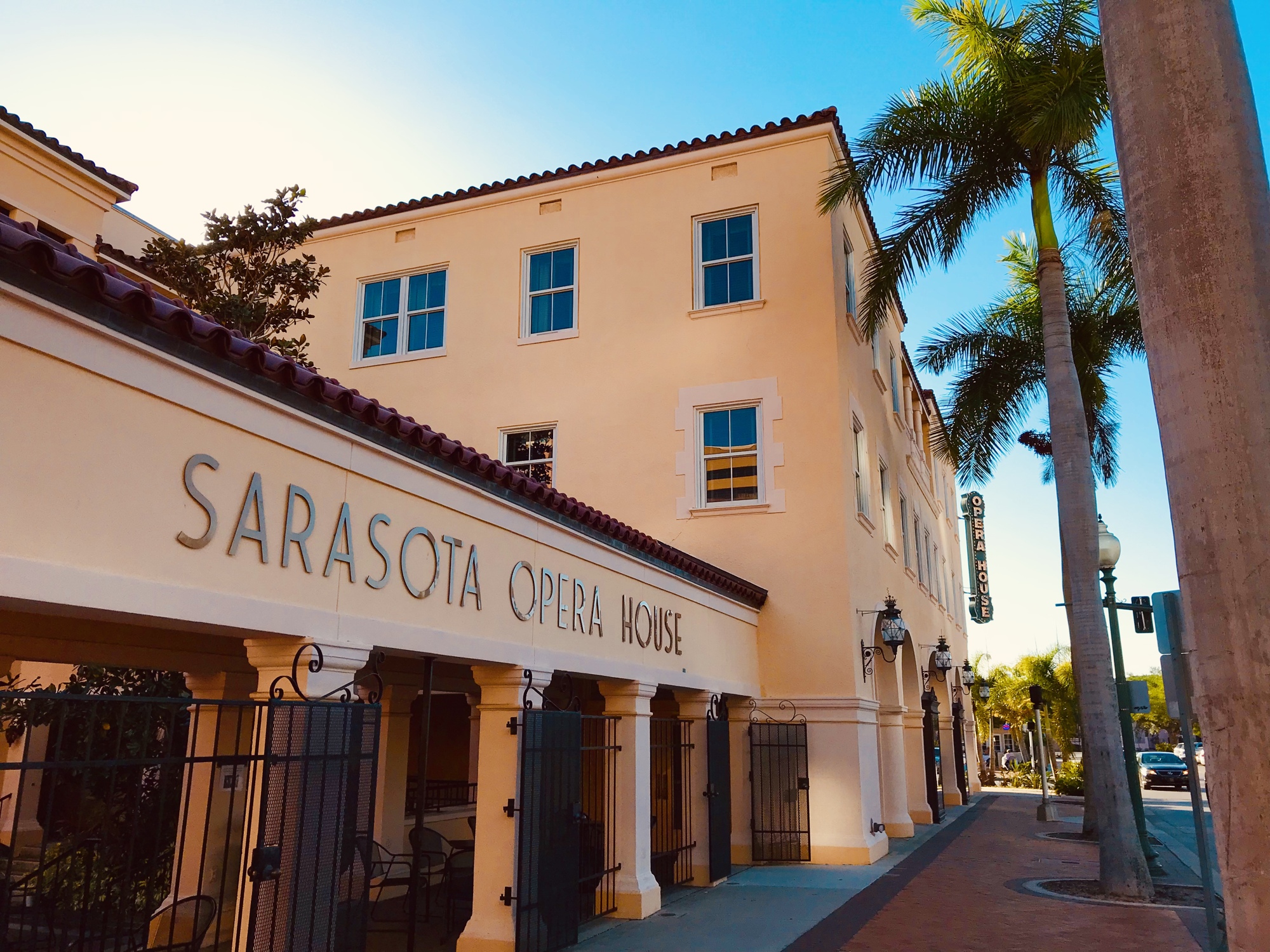
The opera generally doesn’t offer refunds. It will offer vouchers to ticketholders for next year’s season, but that only “kicks the can down the road a little bit,” Russell says. “That helps us manage our cash flow a little bit” in the present. But $1 million is $1 million. It will be felt, he says — to what extent remains to be seen.
At the moment, the folks at the opera house are focused on the disappointment of losing performances, for the artists and for the fans who consistently come out and support them.
Quite honestly, Russell says, that support is going to be important in the months to come.
Rebecca Hopkins, managing director, Florida Studio Theatre
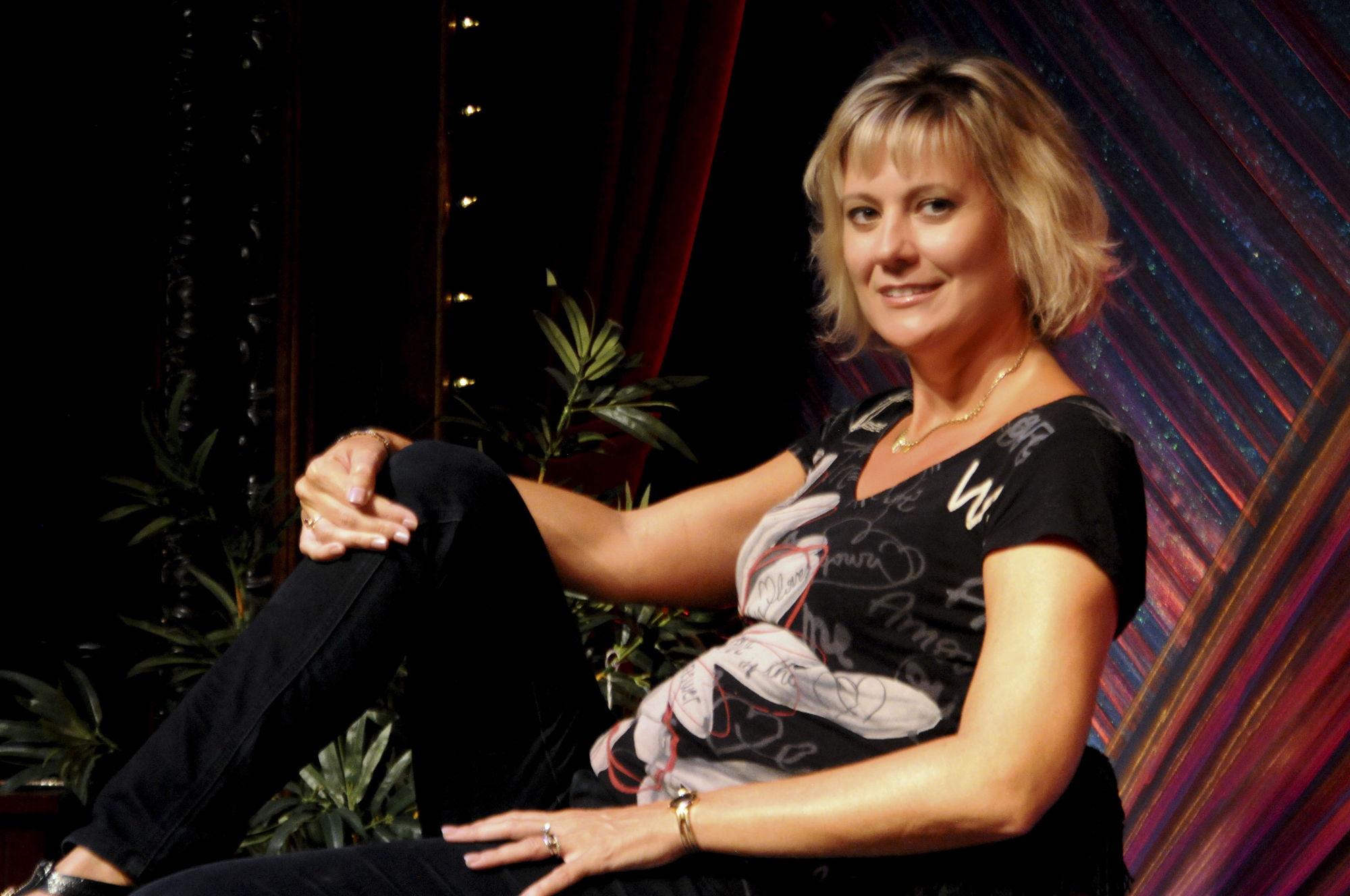
ime can seem to stretch out during a crisis. FST was among the last theaters to announce closures. And by “last,” Hopkins points out, it was only by three days in a fast-moving week that made it feel like more.
When the CDC recommended limiting gatherings to 250 people or fewer, that meant all five of FST’s theaters were still good.
Crowds were dwindling on their own to social-distancing sizes, Hopkins says.
But when the CDC lowered its recommendation to 50 or fewer, Hopkins says, the whole operation was shuttered the next day.
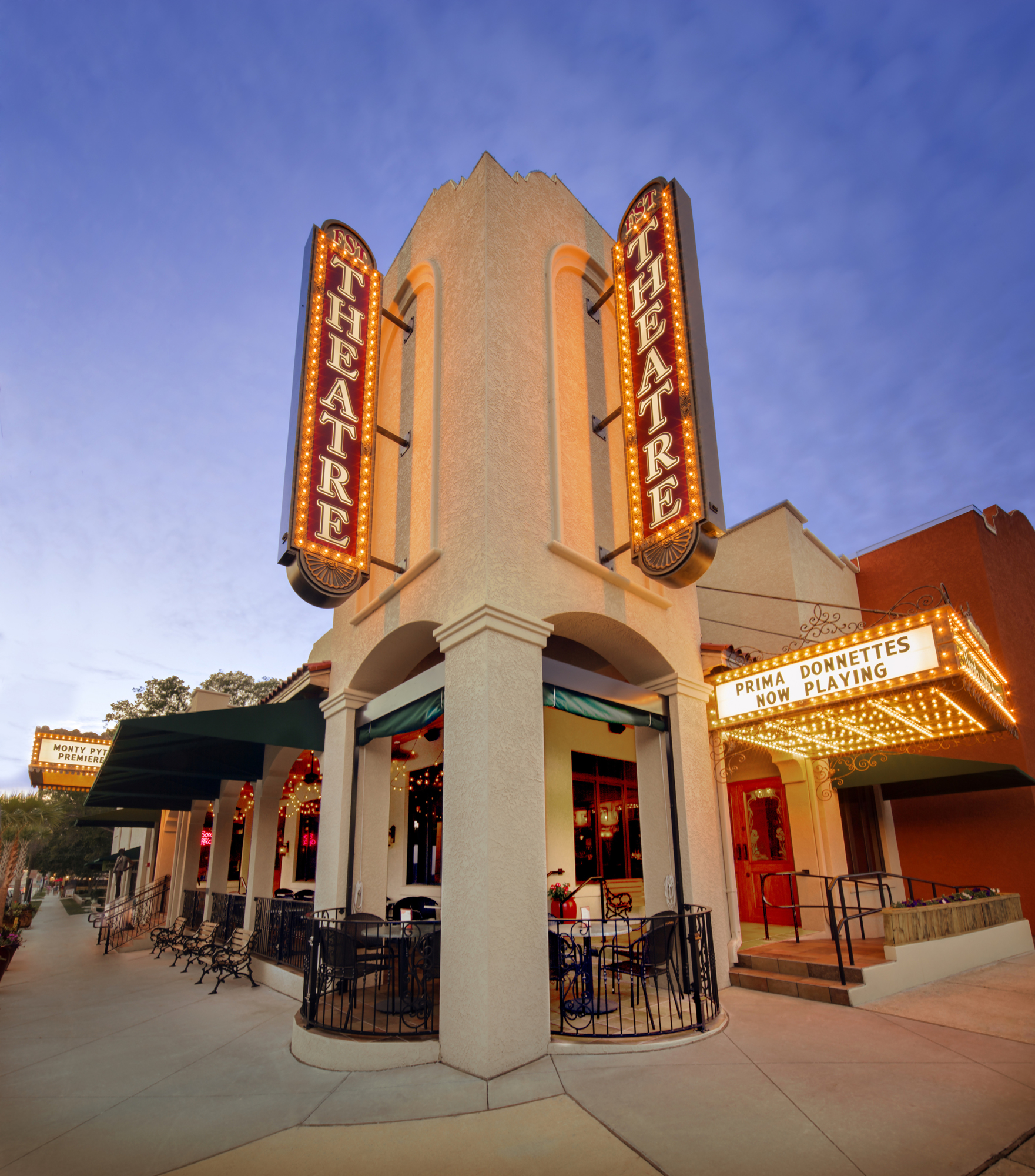
“I just canceled seven shows,” Hopkins says. But it had to be done, she says. “The chaos of ‘Would we, wouldn’t we? Could we, could we not?’” was unfair to everyone involved, especially the part-time workers, who need a chance to find something else, she says.
Hopkins estimates the shutdown could cost FST up to $1.5 million. Part of the problem is it really has no off-season.
“I’m looking at losing my entire summer season,” she says. The uncertainty is the real stressor.
“I think other theaters are looking at the same fear: What if we don’t reopen in the fall?” Hopkins says.
The only thing FST can do is take a “hope for the best, plan for the worst” approach.
“Otherwise, we won’t come back.”
Amanda Heisey, marketing director, Players Centre.

Players was hoping for the best on Friday the 13th when the theater announced the play “Rabbit’s Foot” would close after only one performance and that its “Those Were the Days” fundraiser was canceled. But then four days later, it announced that the rest of the spring season was shutting down.
The shipboard romance musical “Anything Goes” was scuttled a week before its opening night. And The Players’ 90th anniversary celebration had to be postponed indefinitely.
“We also have a studio,” Heisey says. “We teach classes, and our classes have performances, and some of those will have to be canceled. We have a spring break camp that has to be canceled, so we’re also losing money there.”
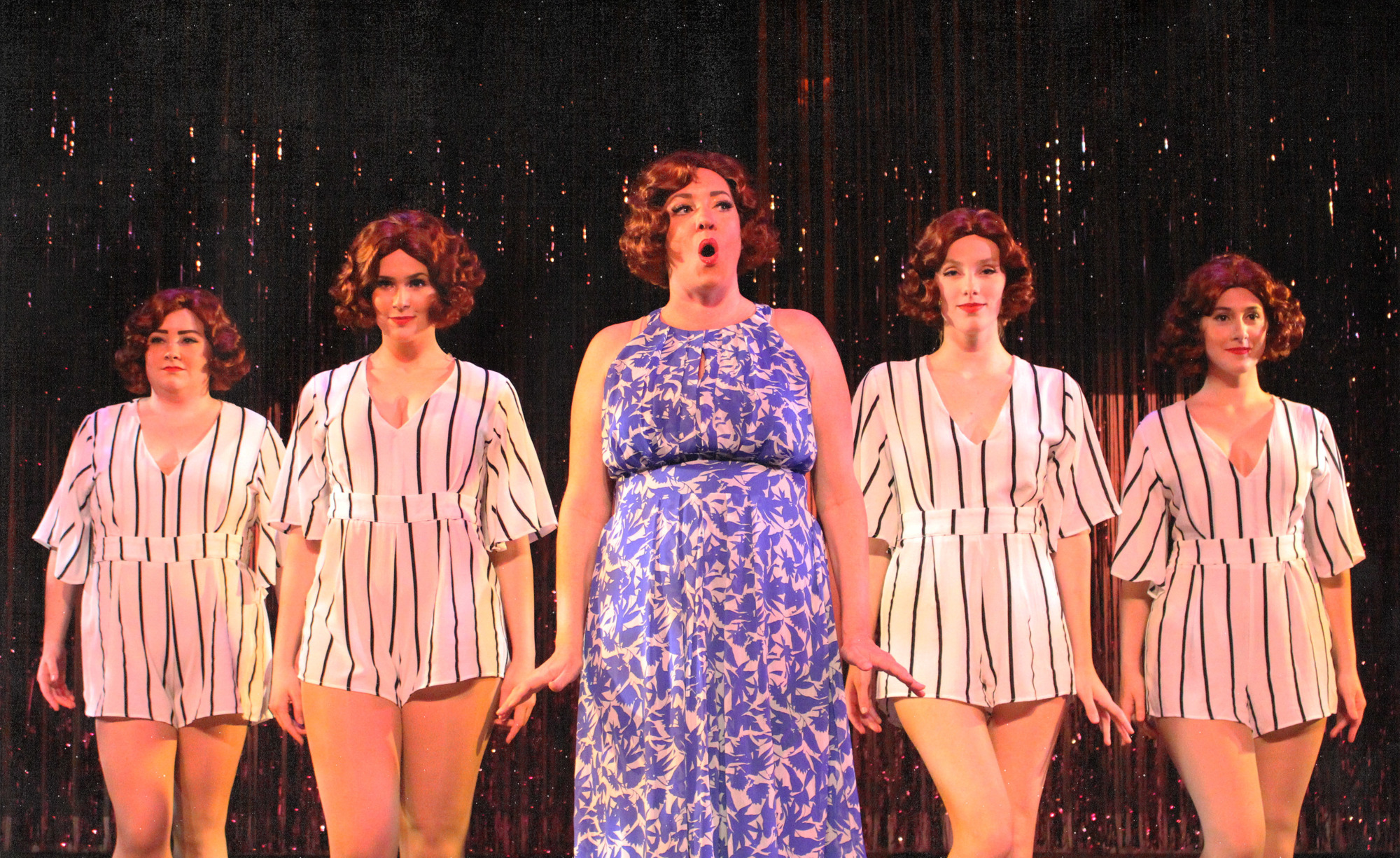
Some people get the impression that because The Players is a community theater and the actors aren’t paid, finances aren’t as important, Heisey says. “It’s going to be very severe for us as well,” she says.
Productions cost money. So does the 14-member, full-time staff.
“We’re hoping to be back for the Summer Sizzler Series in June,” Heisey says. But it’s too early to tell, just as it’s too soon to know if this could delay The Players’ planned move to Lakewood Ranch.
Heisey echoed Hopkins — everything is uncertain. For now, they are calling ticketholders and explaining their options “because it’s not fair to cancel the shows then not allow refunds.”
At the same time, they’re reminding people that even a 501(c)(3) nonprofit needs money to stay afloat.
Joe McKenna, president and CEO, Sarasota Orchestra
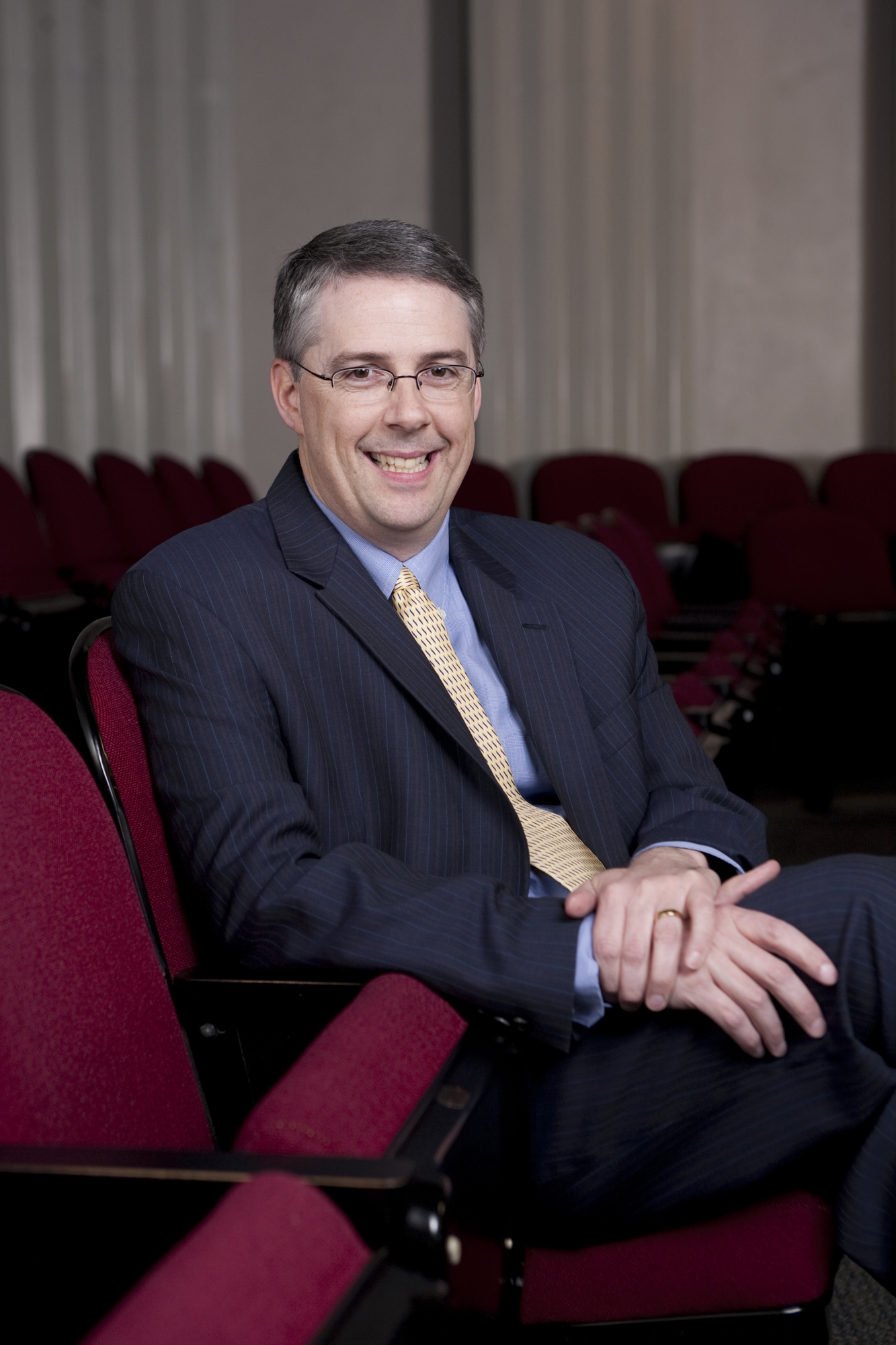
As of press time, the Sarasota Orchestra had only shut down through the end of March.
It isn’t that the orchestra as an entity is a coronavirus skeptic — quite the contrary, McKenna says. “We actually have a coronavirus team. It’s about eight members of staff, we meet daily, and we reevaluate everything every day with respect to public health update directives.
“Fundamentally, we certainly support all the steps that have been taken to protect everyone’s individual and our collective health.”
Like FST, the orchestra has a near-constant presence in the community, and it’s an interwoven presence, McKenna says. It plays in several venues and interacts with several other groups. And really, he adds, Sarasota Orchestra is three entities in one: the orchestra itself, the education program and the Summer Music Festival, and “all three are equally impacted in a in a very dramatic serious way.”
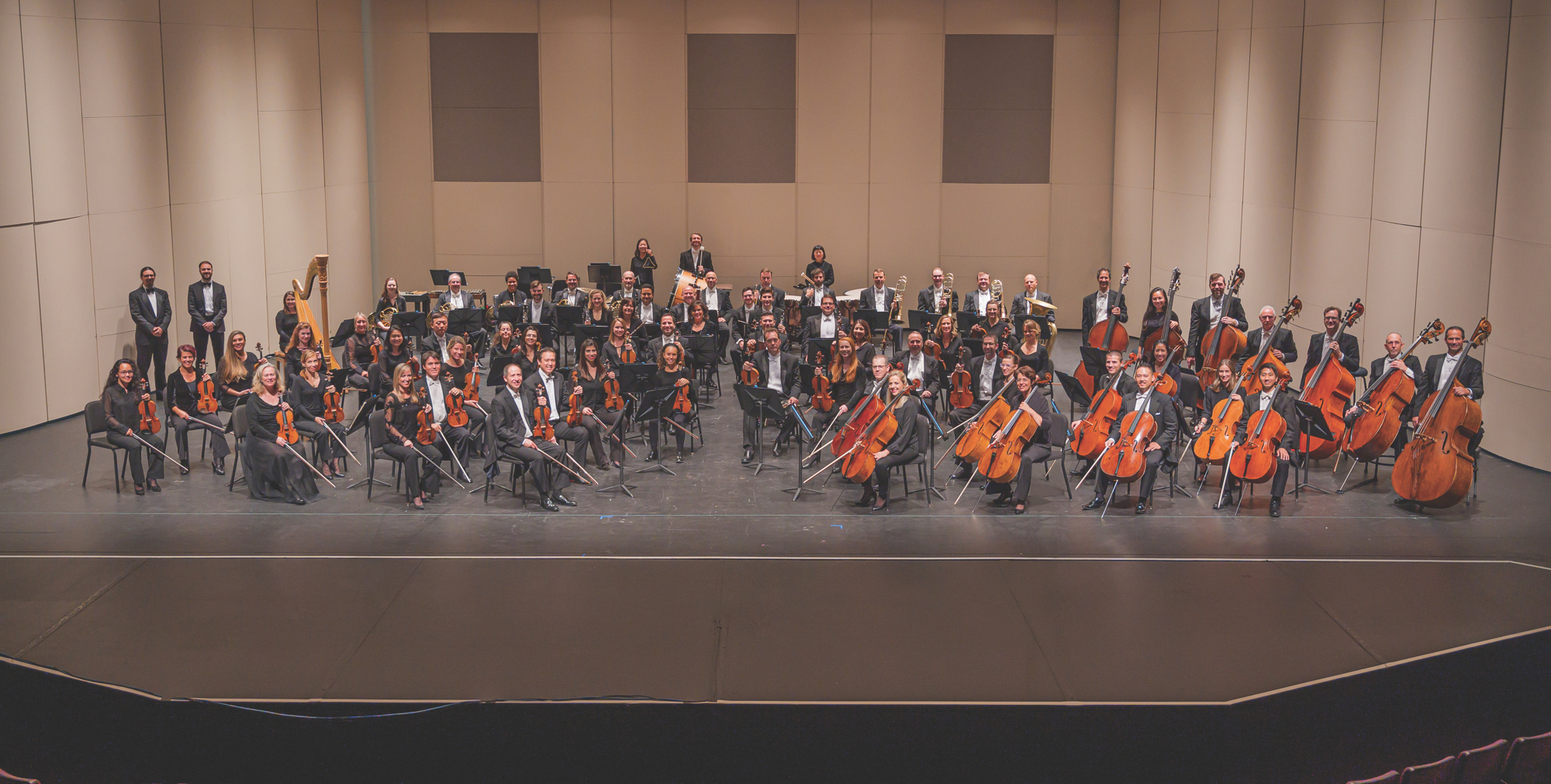
Put all these factors together, and the decision to shut down, “it’s really, I describe, as complicated times five or six.”
It makes the most sense, McKenna says, for the orchestra to continue assessing and continuing the shutdown in short time increments, as need be. One luxury it has is the ability to pick up again quickly.
“This is a really challenging time for the arts, as the arts community, the orchestra included, is a big part, a very, very big part of the local economy,” he says. It’s also a big part of the community.
“One of the things that we know, from back in the great recession and other times with big challenges like 9/11, people really do need the arts in these really difficult periods,” McKenna says. “In fact, we need them more than ever for our healing.”
Iain Webb, executive director, Sarasota Ballet

Comparatively speaking, the Sarasota Ballet’s schedule is long and widely spaced. But instead of waiting to see if conditions might improve, the ballet chose to simply end its season.
The choice was both a matter of logistics and personal responsibility, Webb says.
“In a way, the Sarasota Ballet is a touring company in Sarasota,” Webb says. Its performances are divided among the Van Wezel Performing Arts Hall, the FSU Performing Arts Center and the Sarasota Opera House. If the theaters are closed, the choice is out of its hands.
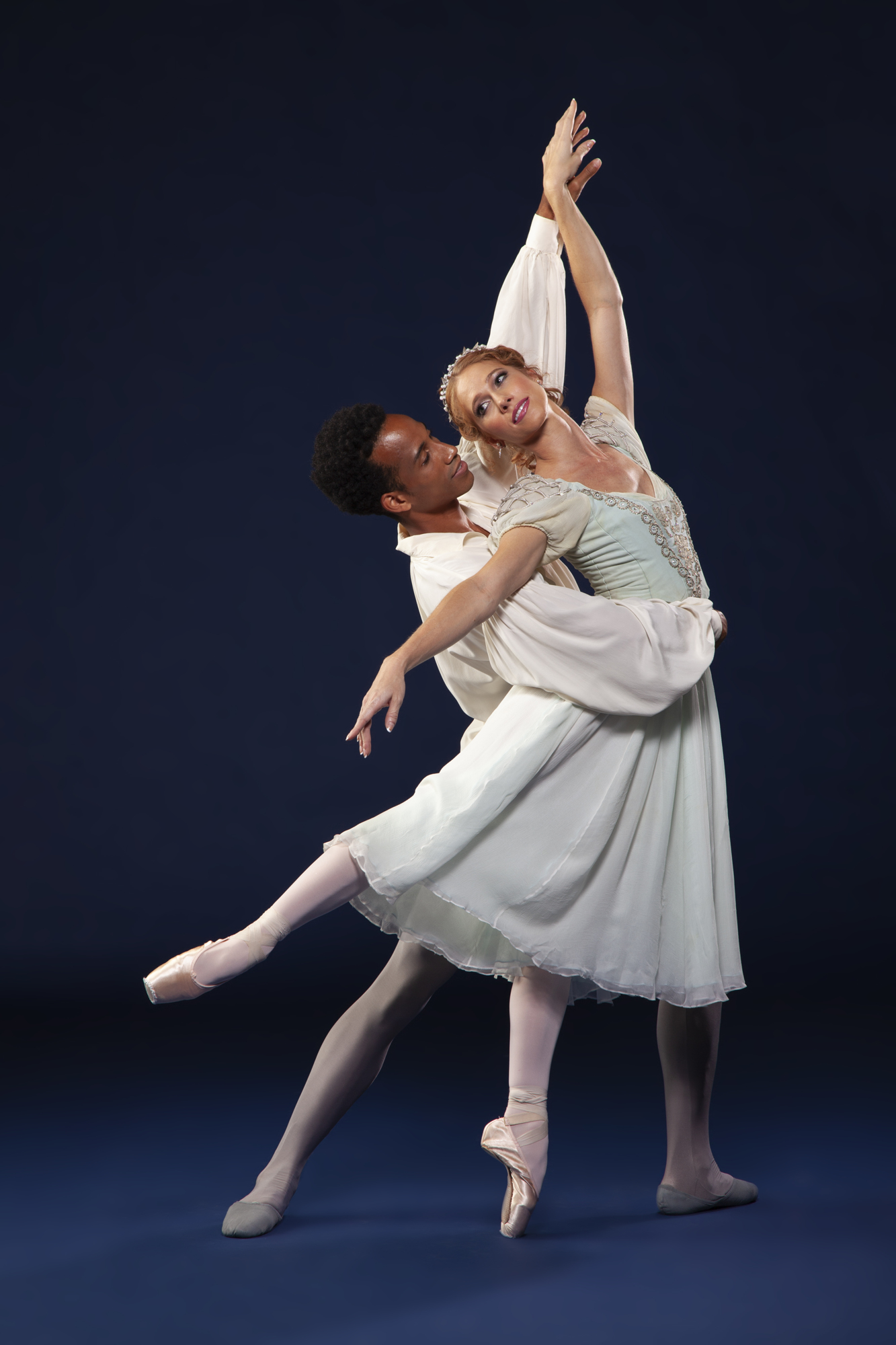
But the more pressing concern, Webb says, was for the dancers. “It’s such a physical art form. They’re sweating, their partnering. We’re lifting, we’re throwing. We’re in such close proximity.” If one person were to get infected, it could expose the entire company. The risk was too great.
The ballet stands to lose an estimated $800,000, Webb says, but for now the focus is still on the dancers’ well-being.
“You can’t just go: ‘OK, we’re not going to perform. Bye, see you next season,’” he says. The ballet will pay them for the rest of the season, Webb says, but the immediate concern is making sure everyone gets home or has a place to stay. Many dancers are from out of town, and some from are from overseas and might not be able to get home right away.
Webb repeated a sentiment all of his colleagues expressed in their own way. Right now, everyone is feeling the effects of the health crisis, if nothing but in terms of stress and inconvenience.
Usually, Webb says, whenever some part of the community is hit with disaster, his dancers — and really all of the creative community — are right there, ready to put on a fundraiser show.
Although there’s no doubt the audiences will return once the danger and the fear subside, the financial damage that will accrue in the meantime will be felt well into next season.
“We’re hoping that with the love that the community has for the company, that people are going to donate the tickets they bought,” Webb says. “Or make donations.”